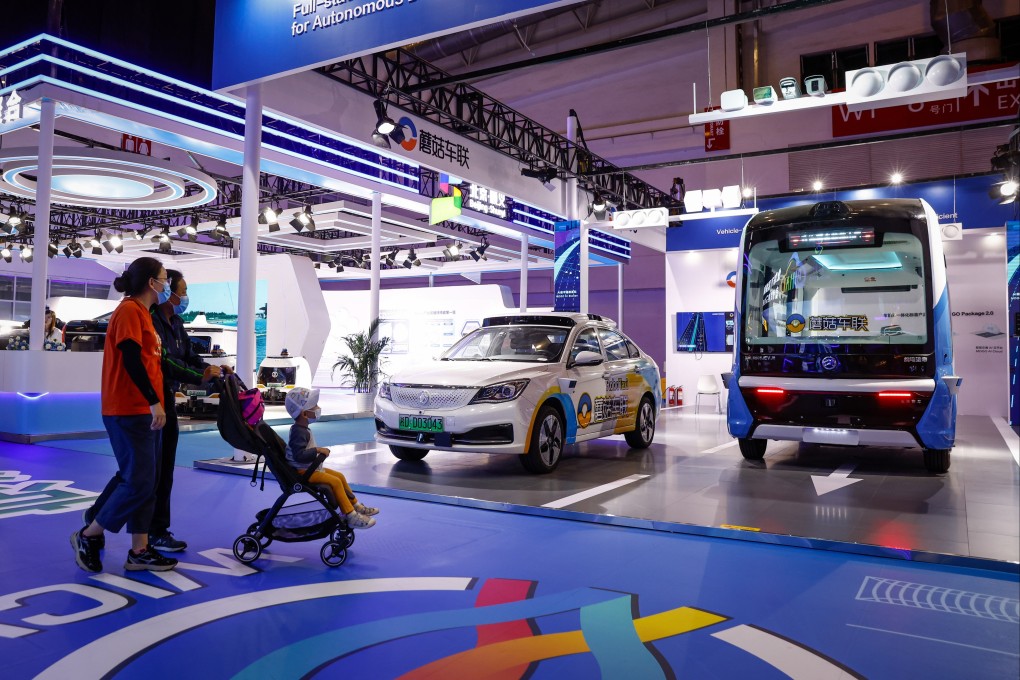Chinese lidar maker RoboSense sees wider annual loss, 111 per cent revenue growth amid higher adoption by carmakers
- The company said its full-year revenue grew 111 per cent year on year to US$154.9 million on the back of robust demand from the auto and robot sectors
- Founded in 2014, RoboSense competes with Huawei Technologies, Seyond and Hesai in China’s fast-growing lidar sensor market

RoboSense Technology, China’s leading maker of lidar systems for autonomous cars, saw its losses widen last year despite posting 111 per cent revenue growth driven by higher adoption of its products by carmakers and suppliers, according to a company filing on Wednesday.
The Shenzhen-based company’s 2023 revenue grew 111 per cent year on year to 1.12 billion yuan (US$154.9 million) on the back of robust demand from the auto and robot sectors, the company said in an earnings call with analysts on Wednesday.
However, losses attributed to shareholders doubled to 4.3 billion yuan in the 12 months ended December 31, 2023.
“We expect strong growth momentum for 2024, as sectors such as robots and cars are accelerating their adoption of lidars,” Mark Qiu, Robosense’s newly-appointed CEO, said on the call.